Welcome to the Lego World! Play and Develop Your Creativity at the Same Time
Did you like to play with colored Lego bricks in childhood? We guess all kids on Earth have their Lego sets. Parents willingly buy them as these construction sets excellently develop either children’s imagination or their fine motor skills. You have the full right to ask us how kids’ toys are connected to web design. All of us are serious adult people who ceased to play colored blocks long ago.
This is not just so as each and every website consists of smaller parts (blocks, sections, elements, pixels) that are thoroughly picked out by the designer to seamlessly match the size, color and many other parameters of the other layout elements. Don’t you think that this work is similar to playing with the construction set or putting together a puzzle?
There is a psychological technique when a doctor or yourself (it you have already mastered the process of meditation) takes you back into past when you felt happy and careless. The method is used to get rid of fatigue, fear or psychological trauma. It helps you wake up your inner resources and involve them into the eternal drive towards positive emotions and inspiration. Today, we will make a try to return you back into childhood. No, no, we are not going to immerse you into trans. We simply don’t have medical diploma for practicing such things. However, we are able to showcase the amazing Lego-style website designs that will cheer you up.
Would you like to know more about Lego? Then, read on.
Lego history in brief
[mfc_lightbox]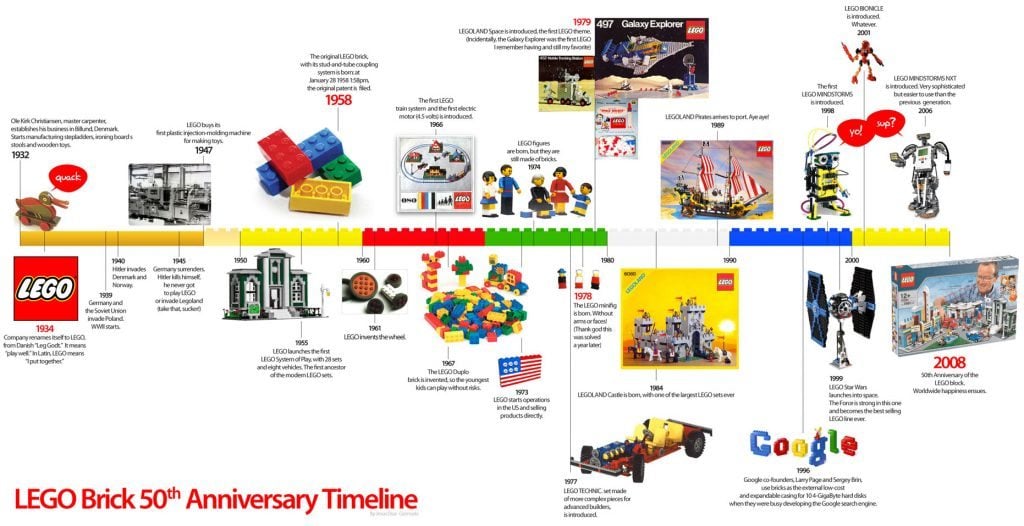 [/mfc_lightbox]
[/mfc_lightbox]
Lego is a mega popular line of construction toys manufactured by The Lego Group. This is a private company based in Billund, Denmark. The company's flagship product, Lego, consists of colorful interlocking plastic bricks and an accompanying array of gears, minifigures and various other parts. Lego bricks can be assembled and connected in many ways. Everything depends on your imagination and skills. You can construct vehicles, buildings, and even working robots. Anything constructed can then be taken apart again, and the pieces used to make other objects.
Lego began manufacturing interlocking toy bricks in 1949. This was the beginning of global Lego subculture development. It supported movies, games, competitions, and six themed amusement parks. As of 2013, around 560 billion Lego parts had been produced.
The Lego Group began in the workshop of Ole Kirk Christiansen, a carpenter from Billund, Denmark. He started making wooden toys in 1932. In 1934, his company got his name "Lego", from the Danish phrase leg godt, which means "play well". It expanded to producing plastic toys in 1947.
The Lego Group's motto is ‘det bedste er ikke for godt’ which can be roughly translated like "only the best is the best". The motto is still used within the company today.
By 1954, Christiansen's son, Godtfred, had become the junior managing director of the Lego Group. Namely his negotiations with an overseas buyer led to the idea of a toy system. Those days, Lego bricks had strong potential to become a system for creative play, however, they still had some technical problems. In 1958, the modern brick design was developed, and it took another five years to find the right material for it. It was the ABS (acrylonitrile butadiene styrene) polymer. The modern Lego brick was patented on 28 January 1958.
Lego product lines
The Lego Group's Duplo product line has been introduced in 1969. It is a range of simple blocks which measure twice the width, height and depth of standard Lego blocks, and are aimed at younger children.
In 1978, Lego produced the first minifigures. Since then, they became a staple in most sets. New elements are often released along with new sets. There are also Lego sets designed to appeal to young girls such as the Belville and Clikits lines.
Lego Fabuland ran from 1979 to 1989. The more advanced Lego Technic was launched in 1977. Lego Primo is a line of blocks by the Lego Group for very young children that ran between 2004 and 2006. In 1995 Lego Baby was launched for babies.
In May 2011, Space Shuttle Endeavour mission STS-134 brought 13 Lego kits to the International Space Station, where astronauts will build models and see how they react in microgravity, as part of the Lego Bricks in Space program. The results will be shared with schools as part of an educational project.
In May 2013, the largest model ever created was displayed in New York. It was made of over 5 million bricks. A 1:1 scale model of an X-Wing. Other records are a 112-foot tower and a 4km railway.
Since the 1950s, the Lego Group has released thousands of sets with a variety of themes, including town and city, space, robots, pirates, trains, Vikings, castle, dinosaurs, undersea exploration, wild west, military theme – such as Star Wars, the German and Russian soldiers in the Indiana Jones sets, the Toy Story green soldiers and Lego Castle, accessory motors, gears, lights, sensors, and cameras designed to be used with Lego components.
Bionicle is a line of toys by the Lego Group that was marketed towards kids in the 7–16 year-old age range. The line was launched in January 2001 in Europe and June/July 2001 in the United States. The Bionicle idea originated from the earlier toy lines Slizers (also known as Throwbots) and RoboRiders. The sets in the Bionicle line have increased in size and flexibility through the years. Bionicle was discontinued and replaced with Hero Factory in 2010. Along with Hero Factory, Lego Legends of Chima set has been made. It used the same structure for the minifigures.
One of the largest Lego sets ever commercially produced is a minifig-scaled edition of the Star Wars Millennium Falcon. Designed by Jens Kronvold Fredericksen, it was released in 2007 and has 5,195 pieces. It was surpassed only by a 5,922-piece Taj Mahal.
Fun facts about Lego
The most surprising fact about Lego pieces is that all of their varieties constitute a universal system. That means that despite variation in the design and purpose of individual pieces over the years, each remains compatible in some way with existing pieces. Lego bricks from 1958 still interlock with those made in the current time, and Lego sets for young children are compatible with those made for teenagers. Six pieces of 2x4 bricks can be combined in 915,103,765 ways.
Each Lego piece must be manufactured to an exacting degree of precision. When two pieces are engaged they must fit firmly, yet be easily disassembled. The machines that make Lego bricks have tolerances as small as 2 micrometres.
Primary concept and development work takes place at the Billund headquarters. The company employs approximately 120 designers. It also has smaller design offices in the UK, Spain, Germany, and Japan.
Lego development process
The average development period for a new product is around twelve months. It has three stages. The first stage is to identify market trends and developments. This stage includes direct designers contacts with the market. Some are stationed in toy shops close to holiday periods, while others interview children. The second stage is the design and development of the product based upon the results of the first stage. As of September 2008 the design teams use 3D modeling software to generate CAD drawings from initial design sketches. The designs are then prototyped using an in-house stereolithography machine. These are presented to the entire project team for comment and for testing by parents and children during the "validation" process. Designs may then be altered in accordance to the results acquired from the focus groups. Virtual models of completed Lego products are built concurrently with the writing of the user instructions. Completed CAD models are also used in the wider organization, such as for marketing and packaging.
The software used
A computer program (LEGO Digital Designer) is available for consumers to create their own digital design. A service to ship physical models from LDD to consumers ended in 2012.
Since 1963, Lego pieces have been manufactured from a strong, resilient plastic known as acrylonitrile butadiene styrene. As of September 2008, the engineers use the NX CAD/CAM/CAE PLM software suite to model the elements. The software allows the parts to be optimized by way of mould flow and stress analysis. Prototype moulds are sometimes built before the design is committed to mass production. The ABS plastic is heated to 232 °C (450 °F) until at a dough-like consistency. It is then injected into the moulds at pressures between 25 and 150 tons, and takes approximately 15 seconds to cool. The moulds are permitted a tolerance of up to two micrometres, to ensure the bricks remain connected. Human inspectors check the output of the moulds, to eliminate significant variations in color or thickness. According to the Lego Group, about eighteen bricks out of every million fail to meet the required standard. Lego factories recycle them, but about 1 percent of the flaw goes to waste.
Lego manufacturing locations
Manufacturing of Lego bricks occurs at a number of locations around the world. Moulding is done in Billund, Denmark; Nyíregyháza, Hungary; and Monterrey, Mexico. Brick decorations and packaging is done at plants in Denmark, Hungary, Mexico and Kladno in the Czech Republic. The Lego Group estimates that in the course of five decades it has produced some 400 billion Lego blocks. Annual production of Lego bricks averages approximately 36 billion per year, or about 1140 elements per second. If all the Lego bricks ever produced were to be divided equally among a world population of six billion, each person would have 62 Lego bricks. According to an article in BusinessWeek in 2006, Lego could be considered the world's No. 1 tire manufacturer. The factory produces about 306 million small rubber tires a year.
Lego endurance
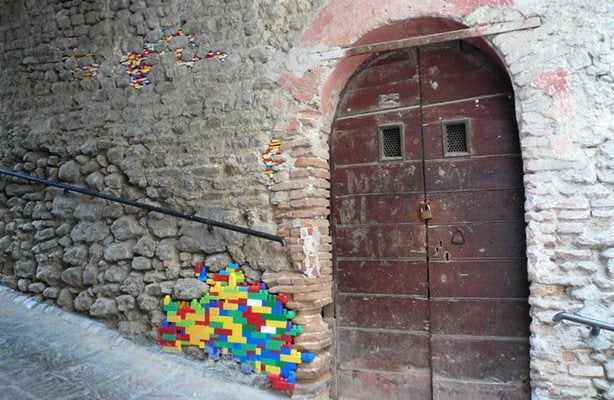
Jan Vormann repairs buildings with lego.
Would you like to know how many Lego bricks, stacked one on top of the other it would take to destroy the bottom brick? In December 2012, the BBC's More or Less program asked the Open University's engineering department to clarify this question. And here is the result: using a hydraulic testing machine, the engineering department determined the average maximum force a 2×2 Lego brick can stand is 4,240 newtons. Since an average 2×2 Lego brick has a mass of 1.152 grams (0.0406 oz), according to their calculations it would take a stack of 375,000 bricks to cause the bottom brick to collapse, which represents a stack 3,591 meters (11,781 ft) in height. Isn’t that astonishing?
And the last interesting fact about Lego for today: private tests have shown several thousand assembly-disassembly cycles before wear-out, although Lego test for less cycles.
Coming back to realities of web design
We hope this text made you enthusiastic enough and you are ready to have a look at our marvelous collection of Lego-style website designs. We believe that they will make you happy at least for a while.
* * *
Don’t you think that it’s quite natural to start the showcase of Lego-style designs with an official Lego website?
* * *
Would you like to watch a Lego movie? We promise that it will be fun!
* * *
To take shots of Lego heroes? Why not? Look how beautiful they can be!
* * *
Lego Harry Potter
If you are a Harry Potter fan, you’ll appreciate this game site.
* * *
This website will teach you many tips and tricks of building with Lego bricks.
* * *
Minecraft
From our viewpoint, there is no single gamer who doesn’t know about Minecraft.
* * *
Indiana Jones the Original Adventures
Everything is amazing in this game website design. Try out the drop down menu, it’s really something.
* * *
Develop your creativity with the help of this bright, cheerful game.
* * *
Lego Chima Online
Can’t help admiring their heroes, environments and visuals.
* * *
Lego star wars are not so brutal, but not less captivating.
* * *
Lego Batman
Whose side will you choose: the hero’s or the villain’s one?
* * *
Lego Video Games
You will find plenty of Lego video games here and let off all your steam.
* * *
Lego Rock Band
Build your family band and rock your neighbors!
* * *
Indiana Jones 2 the Adventure Continues
Just look at this shining skull in Indiana Jones’ hands. The hero smiles so triumphantly!
* * *
Lego Video Games
Want to know more about Lego games features? Visit your website and get to know all latest news.
* * *
Lego Star Wars 3
Have you ever travelled in a space ship? Welcome onboard, but don’t forget your lightsaber.
* * *
Lego Video Games
This time the website will tell you about battles Ninjago.
* * *
Brickipedia is like Wikipedia, but completely dedicated to Lego.
* * *
Lego Video Games
This time they tell us about Lego Batman 2 DC Super heroes.
* * *
The video is very impressive, isn’t it?
* * *
Lego Video Games
This time City Undercover is in the focus.
* * *
Lego Video Games
Here you can watch Chima Laval’s Journey video and get to know more about its features.
* * *
Lego Digital Designer
As the slogan onsite goes: “Let your imagination run wild with Lego Digital Designer”.
* * *
What a cute train! It follows your mouse cursor with its eyes.
* * *
And in the end of our showcase, let us show you one more kids’ gaming site created in Lego-style.
* * *
Did you find our collection of Lego-style designs inspiring? Which website do you consider the most appealing? Do you still find playing Lego with your kids an exciting experience that brings you together? We wish you to stay child in your soul as long as you can. It will help you look at the world around you, your job and daily routine your own way, not turbid with common stereotypes.
Don’t miss out these all-time favourites
- The best hosting for a WordPress website. Tap our link to get the best price on the market with 82% off. If HostPapa didn’t impress you check out other alternatives.
- Monthly SEO service and On-Page SEO - to increase your website organic traffic.
- Website Installation service - to get your template up and running within just 6 hours without hassle. No minute is wasted and the work is going.
- ONE Membership - to download unlimited number of WordPress themes, plugins, ppt and other products within one license. Since bigger is always better.
Get more to your email
Subscribe to our newsletter and access exclusive content and offers available only to MonsterPost subscribers.

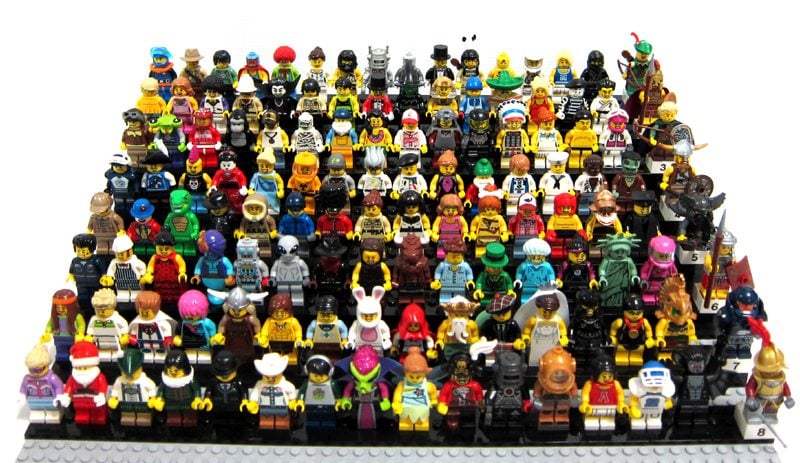
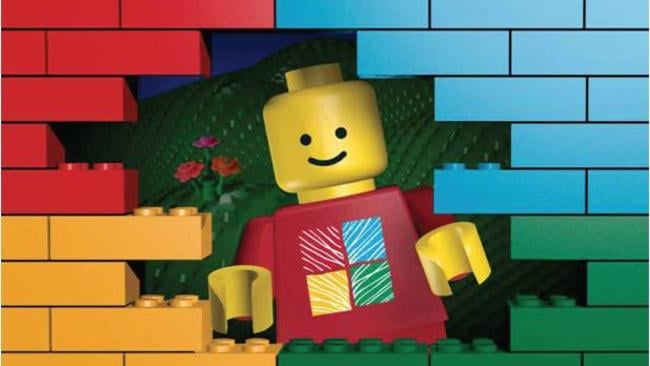

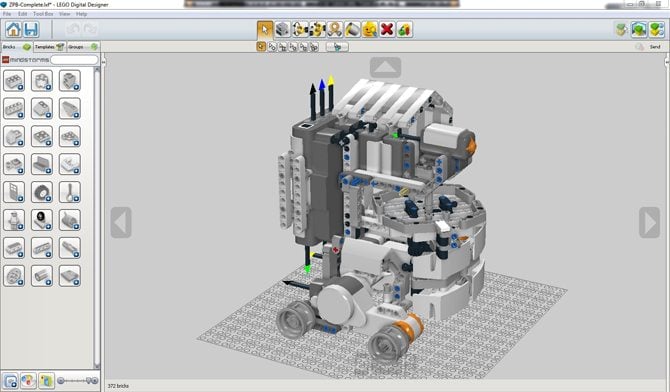


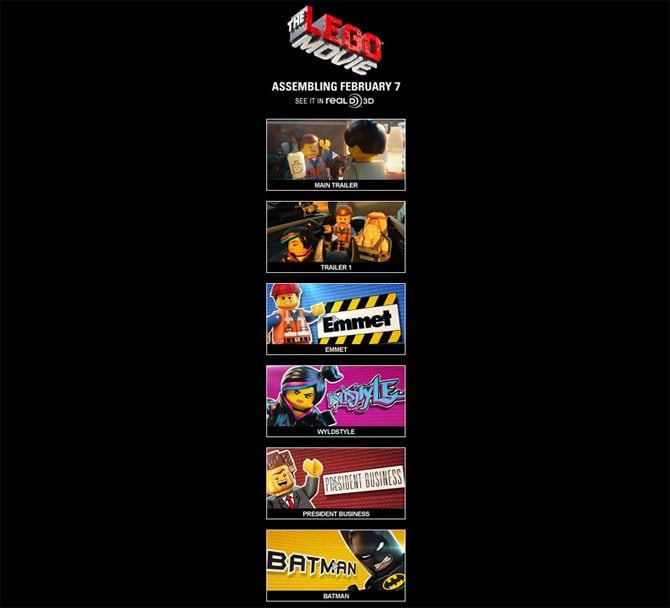

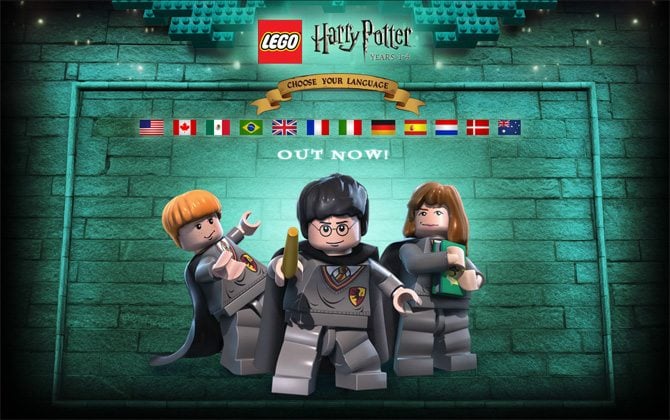
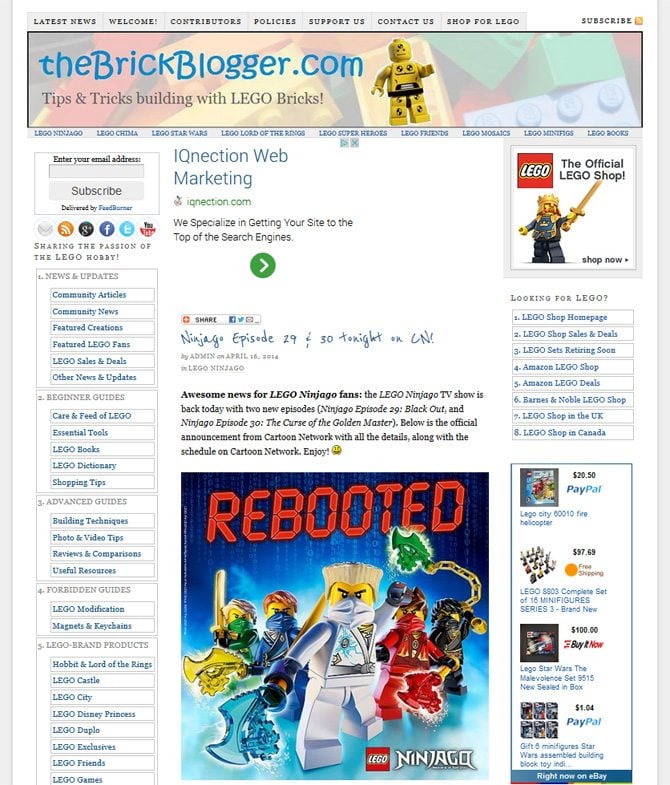

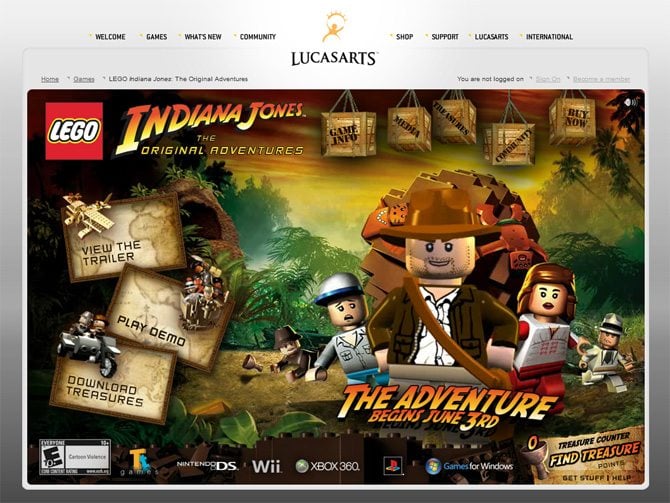
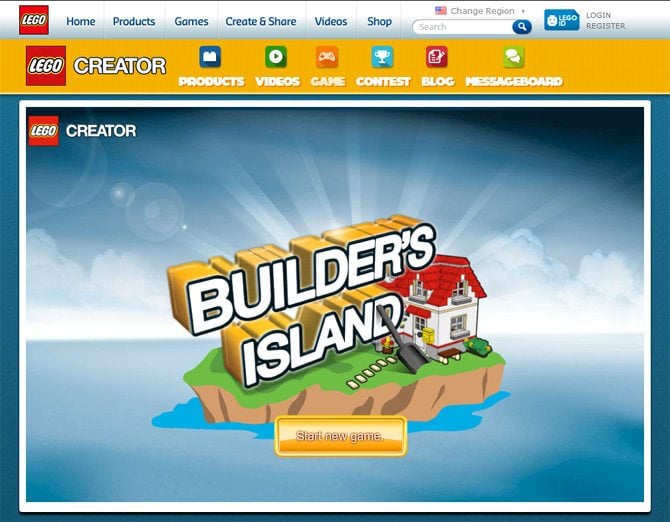
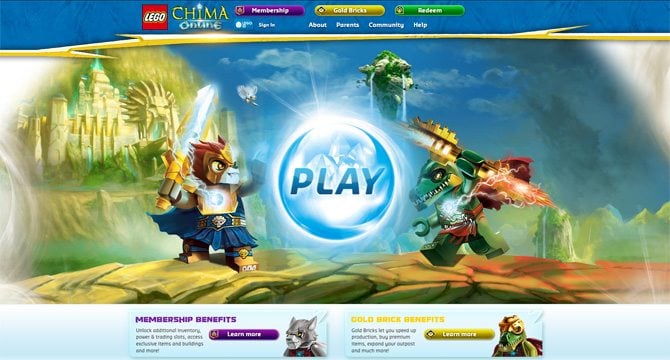
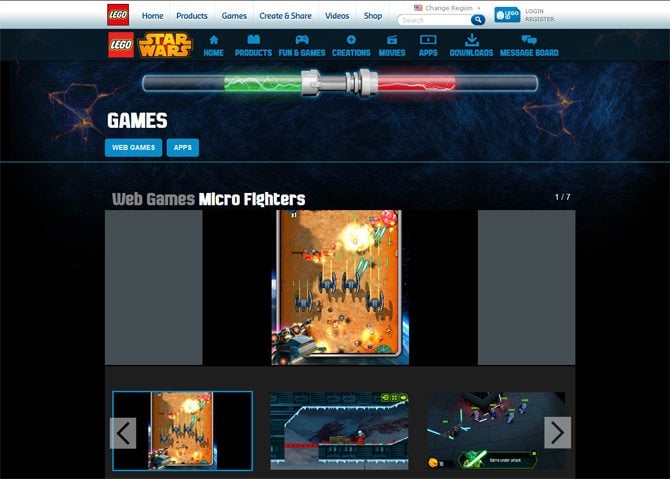
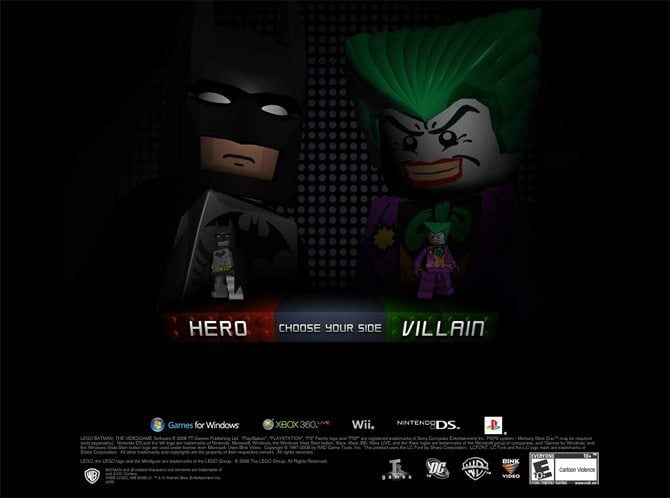

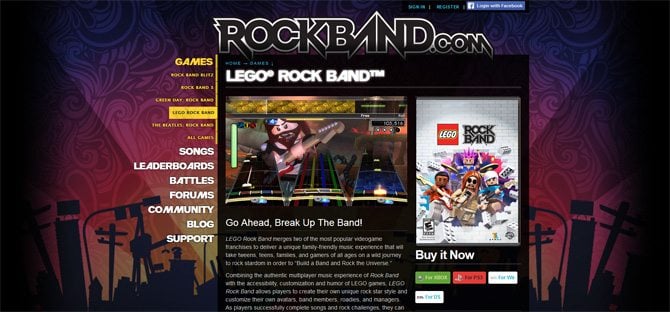
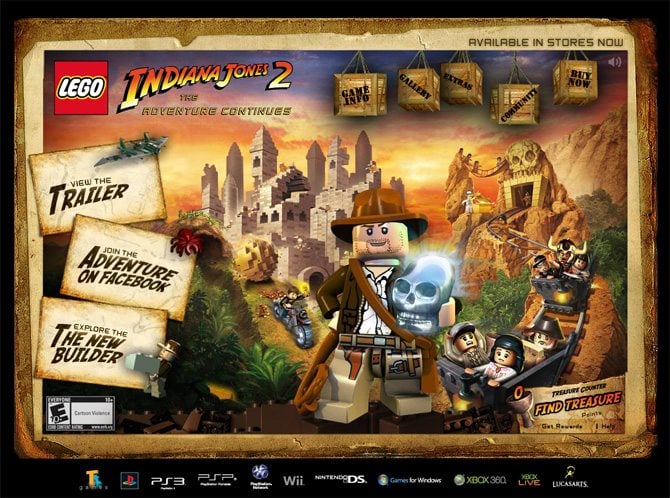
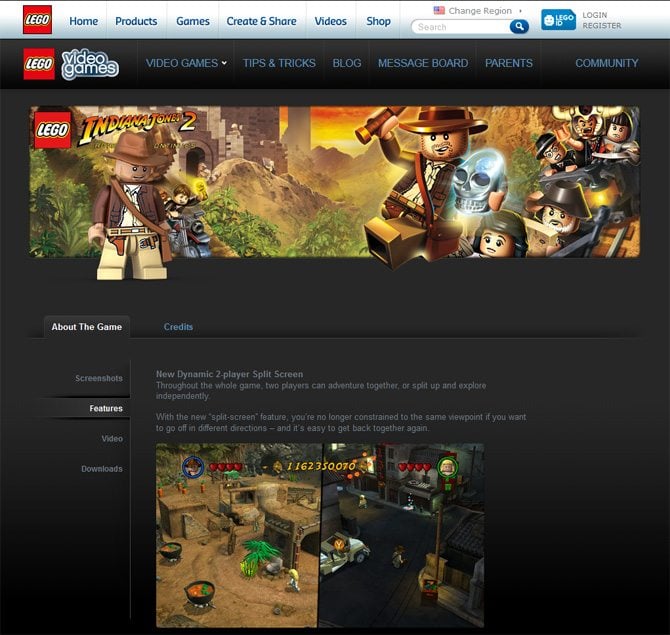
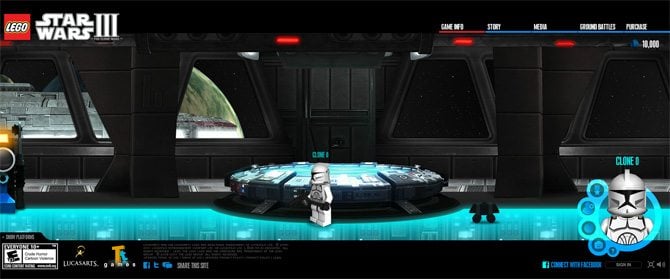
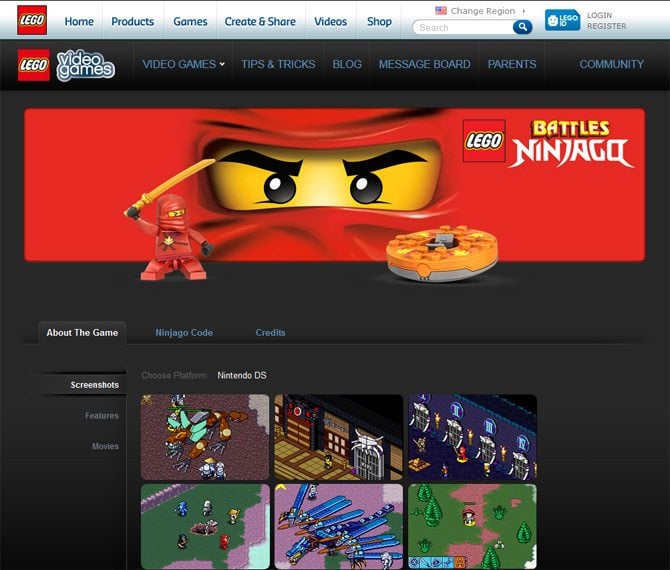
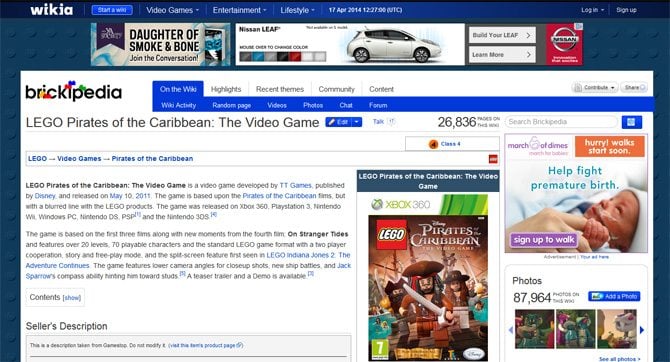
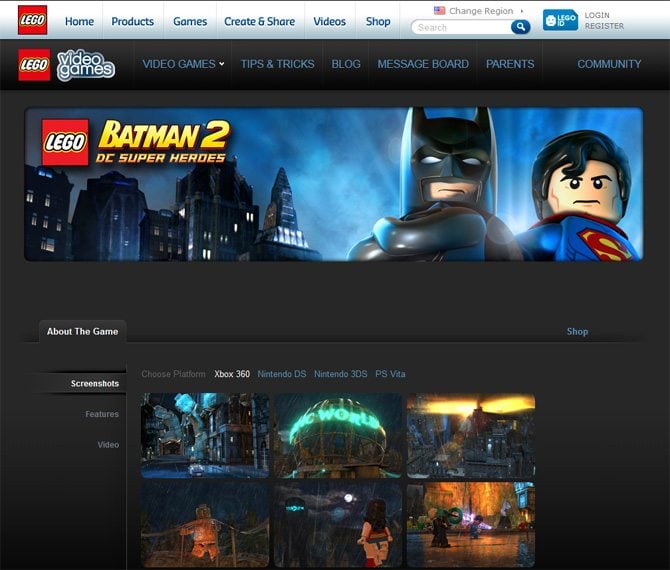
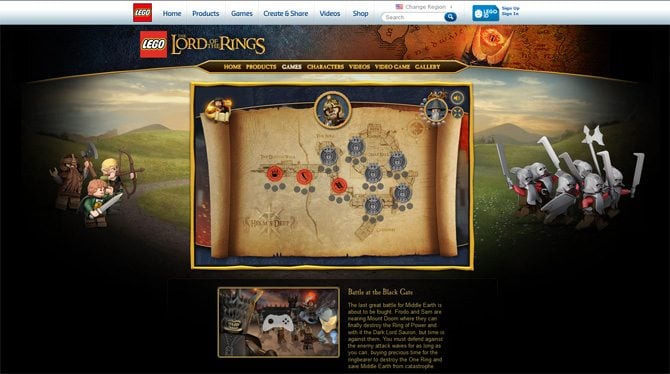
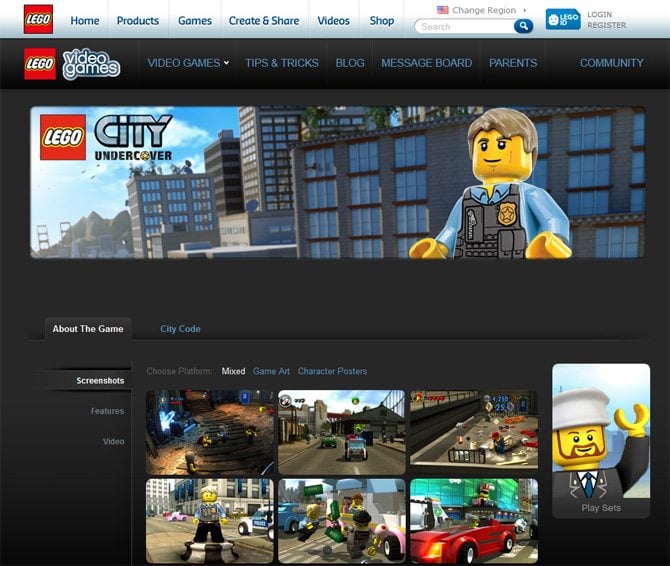
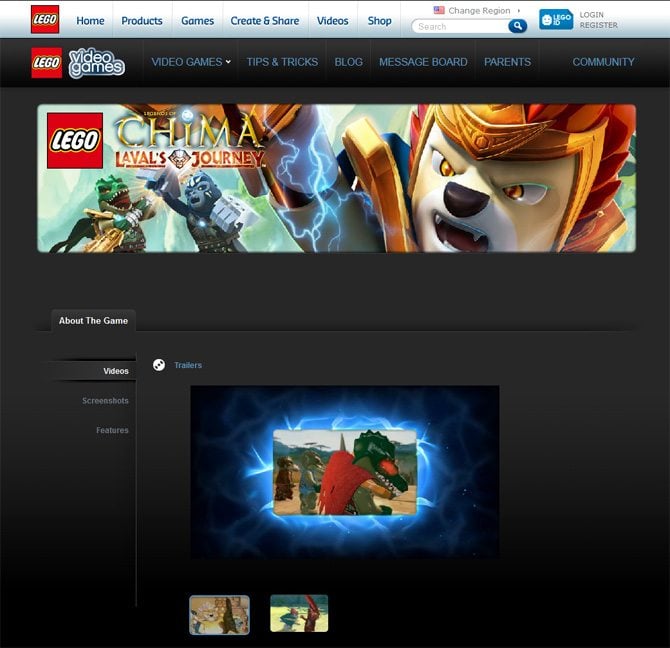
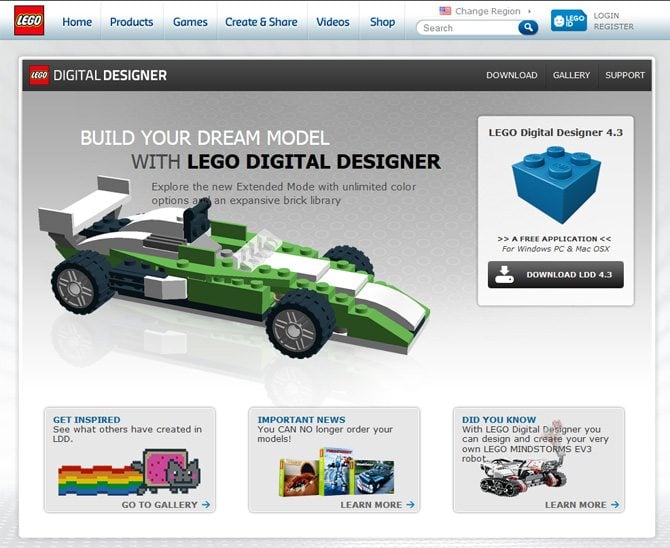
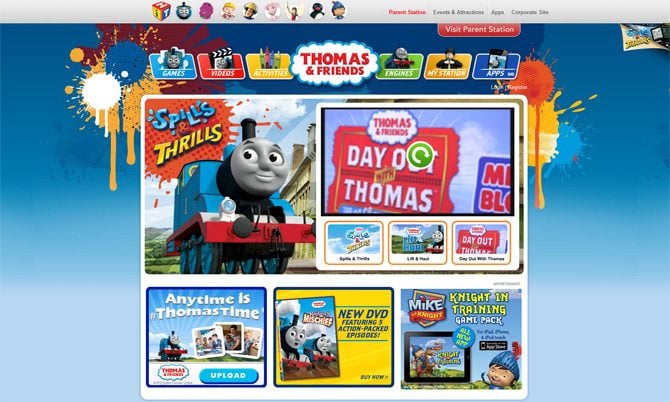
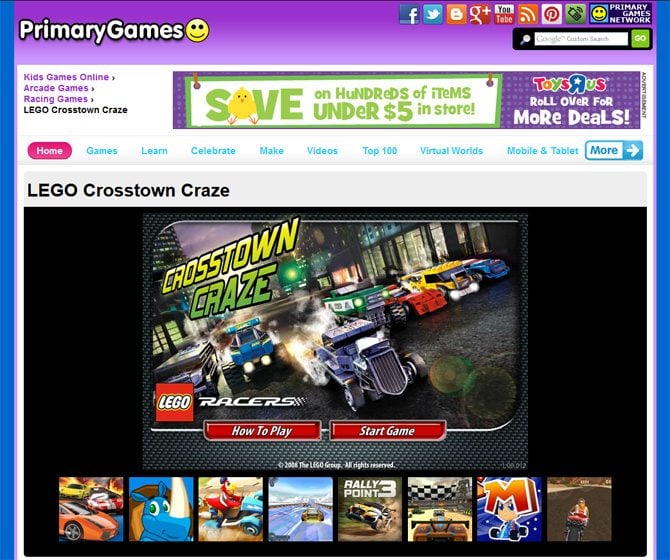
Leave a Reply
You must be logged in to post a comment.